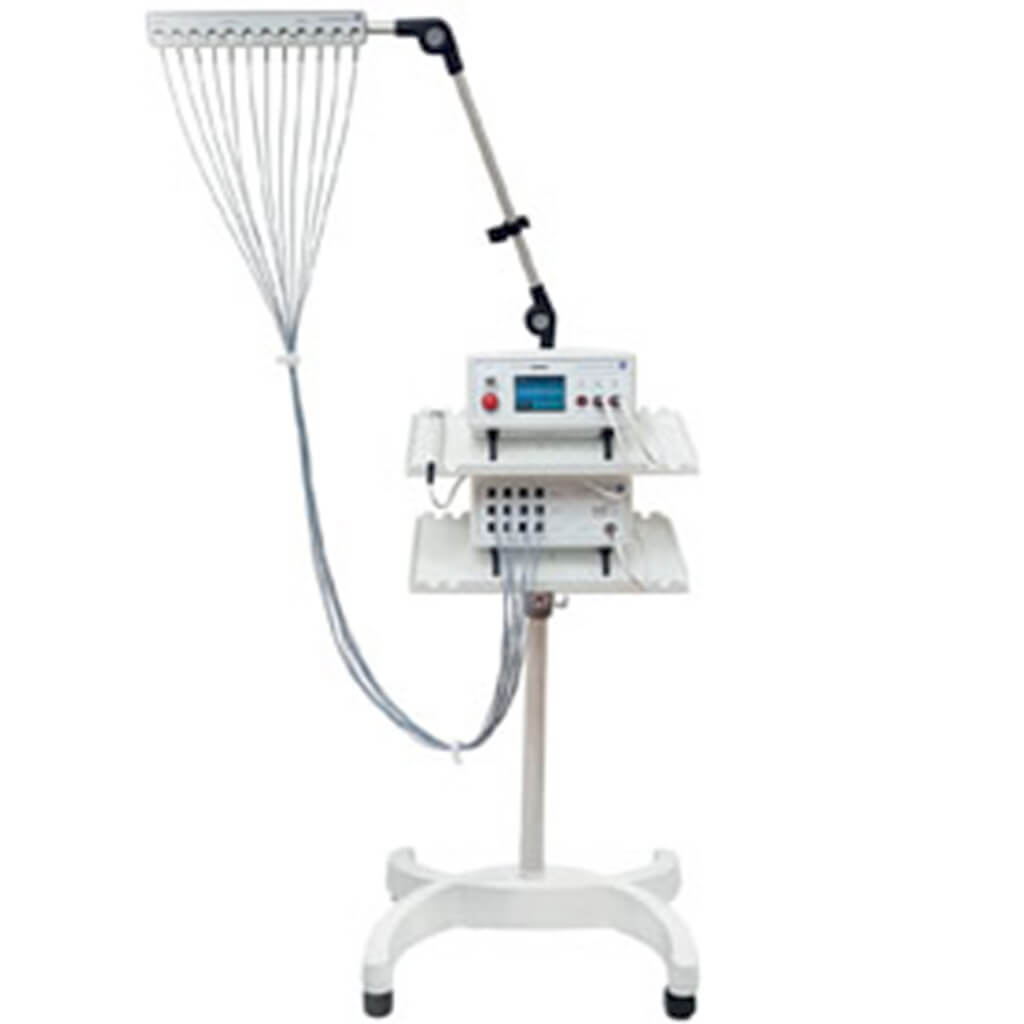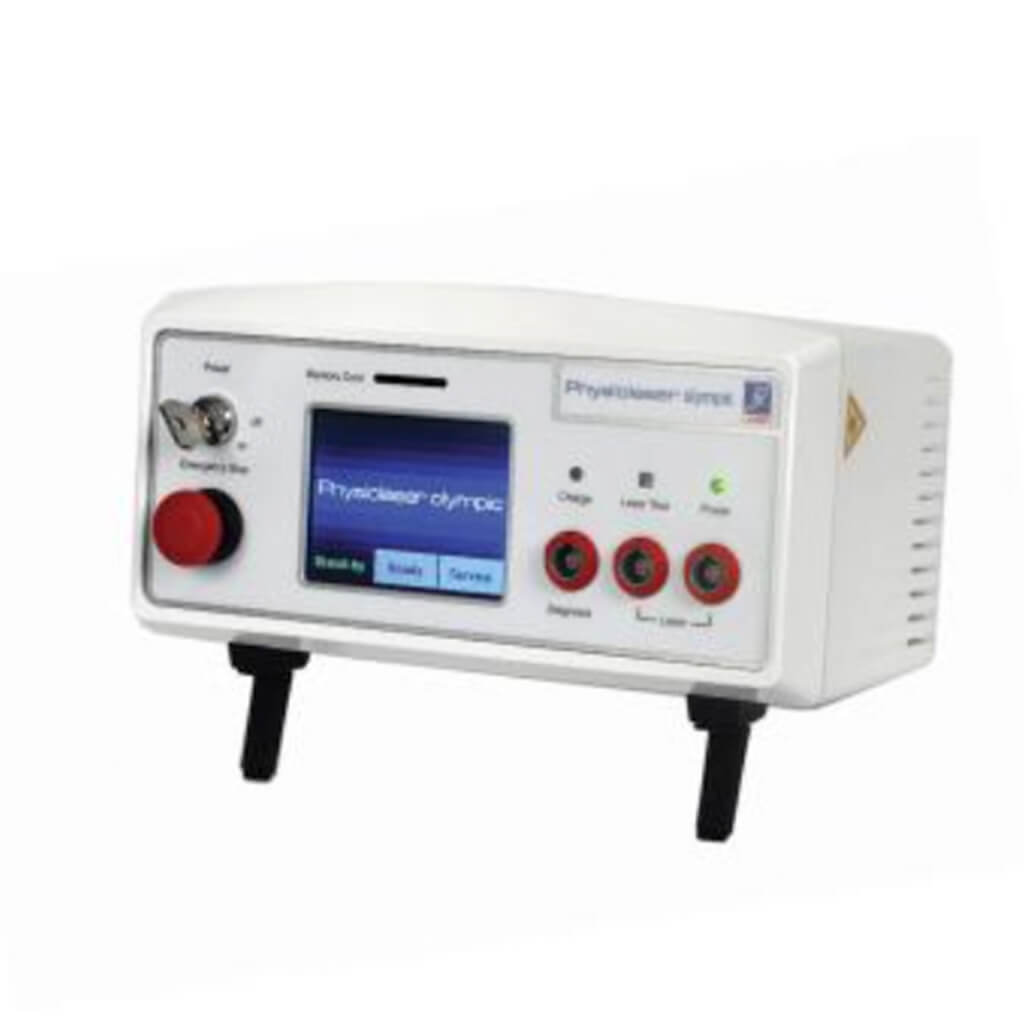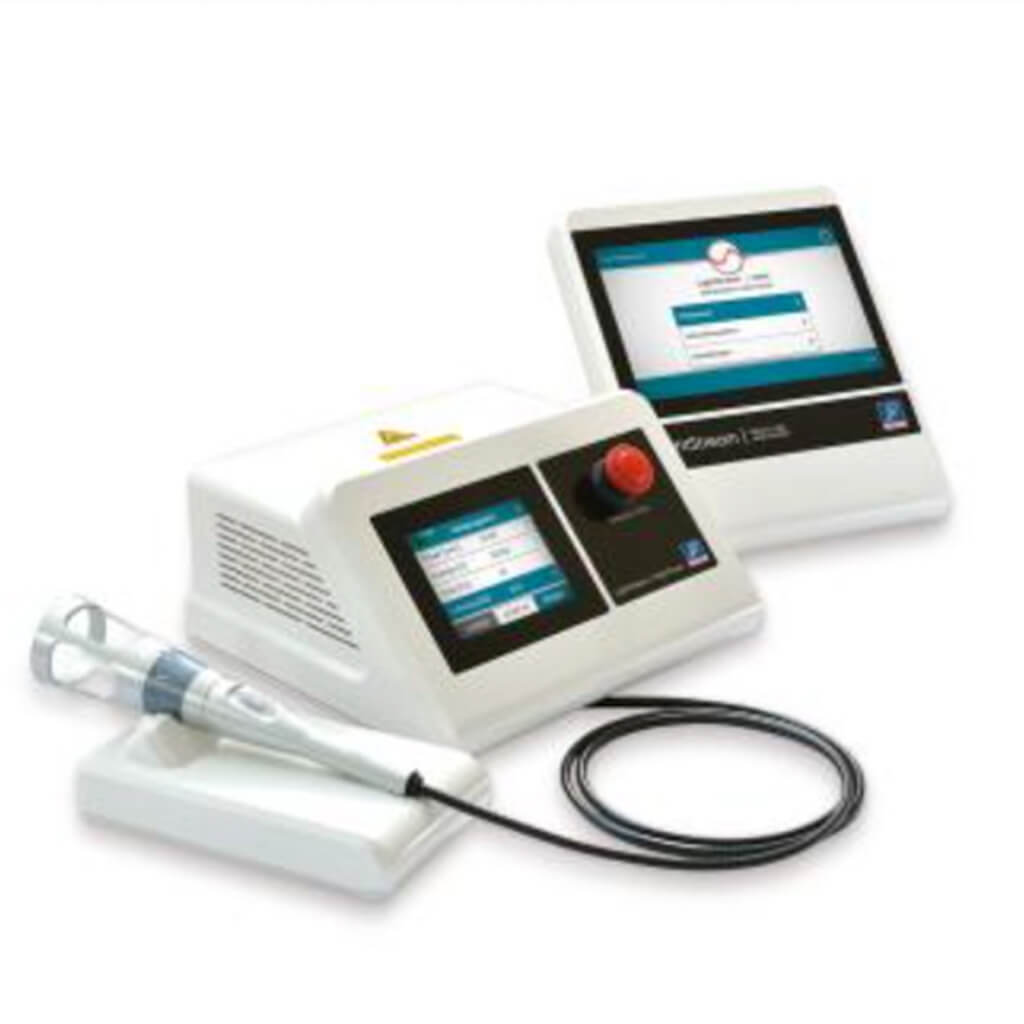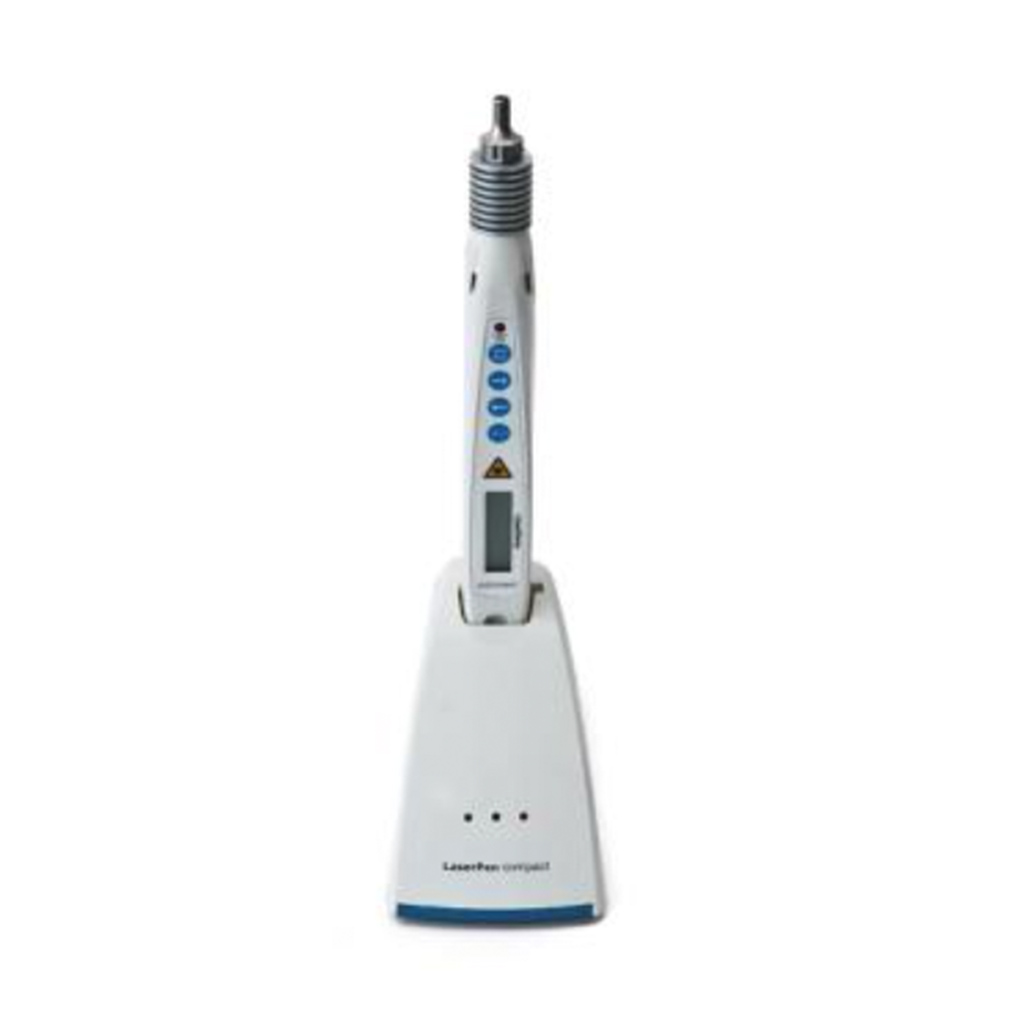The Impact of Stress on the Nervous System
Insights from Auricular Medicine and Laser Acupuncture
Stress is often considered a mental state, but its effects extend far beyond the mind. It can negatively impact various organs and systems in the body, including the nervous system. Understanding the relationship between stress and nervous system-related symptoms highlights the importance of striving for a calm and stress-free life.
How Stress Affects the Nervous System
Stress triggers significant changes in the body aimed at providing protection until the perceived danger passes. These changes, while sometimes lifesaving, can also cause harm, particularly to the nervous system. The autonomic nervous system, responsible for regulating involuntary actions such as heart rate, respiration, and sweating, is especially affected.
In stressful situations, the sympathetic nervous system initiates the “fight or flight” response, characterized by the release of stress hormones like cortisol and adrenaline. This results in physical symptoms such as accelerated heart rate, increased breathing rate, dilated blood vessels, and elevated blood sugar levels. While the body typically recovers once the stress subsides, chronic or recurring stress can lead to long-term damage.
Chronic Stress and Its Wider Impact
The nervous system isn’t the only casualty of chronic stress. Prolonged stress can disrupt the immune system, increase blood pressure, and contribute to serious health conditions like diabetes, heart attacks, and strokes. Although not all stress leads to severe outcomes, the potential risks underscore the need for effective stress management.
Managing Stress for Better Health
Fortunately, numerous techniques can help reduce stress and its impact on the nervous system and overall health. Relaxation methods such as breathing exercises, guided imagery, meditation, and yoga are highly effective. Psychological therapies can also play a crucial role in alleviating stress.
Adopting a relaxed lifestyle and a balanced diet further supports stress management. This holistic approach not only benefits mental health but also enhances physical well-being.
Auricular Medicine: A Window to the Brain
Auricular medicine offers a unique perspective on stress and the nervous system. By examining the reflex areas in the ear, practitioners can observe the nervous system’s responses, reflected in the pulse. This method allows for identifying and addressing the root causes of various health issues.
The ear contains representations of different brain parts and the nervous system, making it a powerful diagnostic and therapeutic tool. Auricular therapy, combined with laser acupuncture, utilizes low-level laser light to stimulate specific points on the ear. This non-invasive approach helps modulate stem cell behavior, reduce stress, and promote healing.
Innovative Applications of Laser Acupuncture and Auricular medicine
Laser acupuncture and auricular therapy are innovative applications of photobiomodulation (PBM). These therapies use low-level laser light to stimulate acupuncture and auricular points, offering non-invasive treatment options for various conditions. Recent studies have shown that laser treatments can increase stem cell activity, further enhancing the body’s ability to heal and regenerate.
By integrating these advanced techniques, auricular medicine and laser acupuncture provide effective solutions for managing stress and improving overall health. These therapies highlight the potential of PBM in modulating stem cell behavior and promoting healing, making them valuable tools in the pursuit of a healthier, stress-free life.
For more information on how auricular medicine and laser acupuncture can benefit you, please contact our clinic. Our experts are here to help you achieve better health and well-being through innovative, non-invasive treatments.




